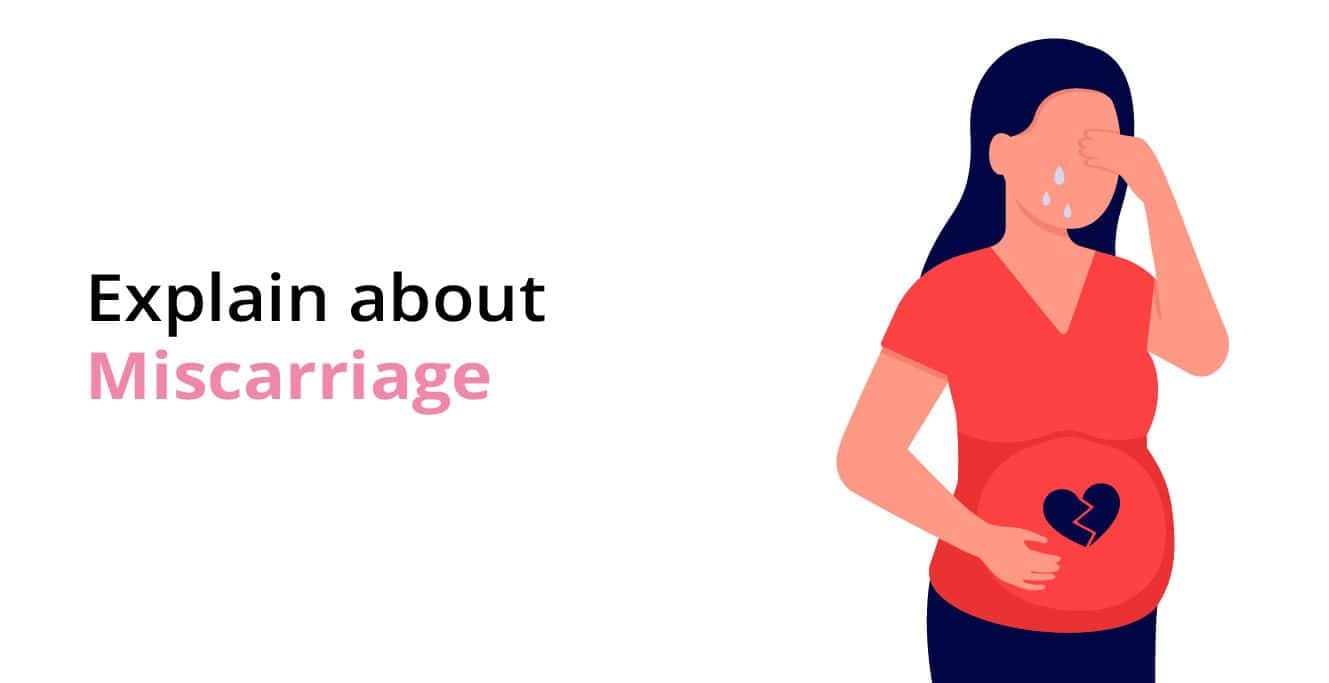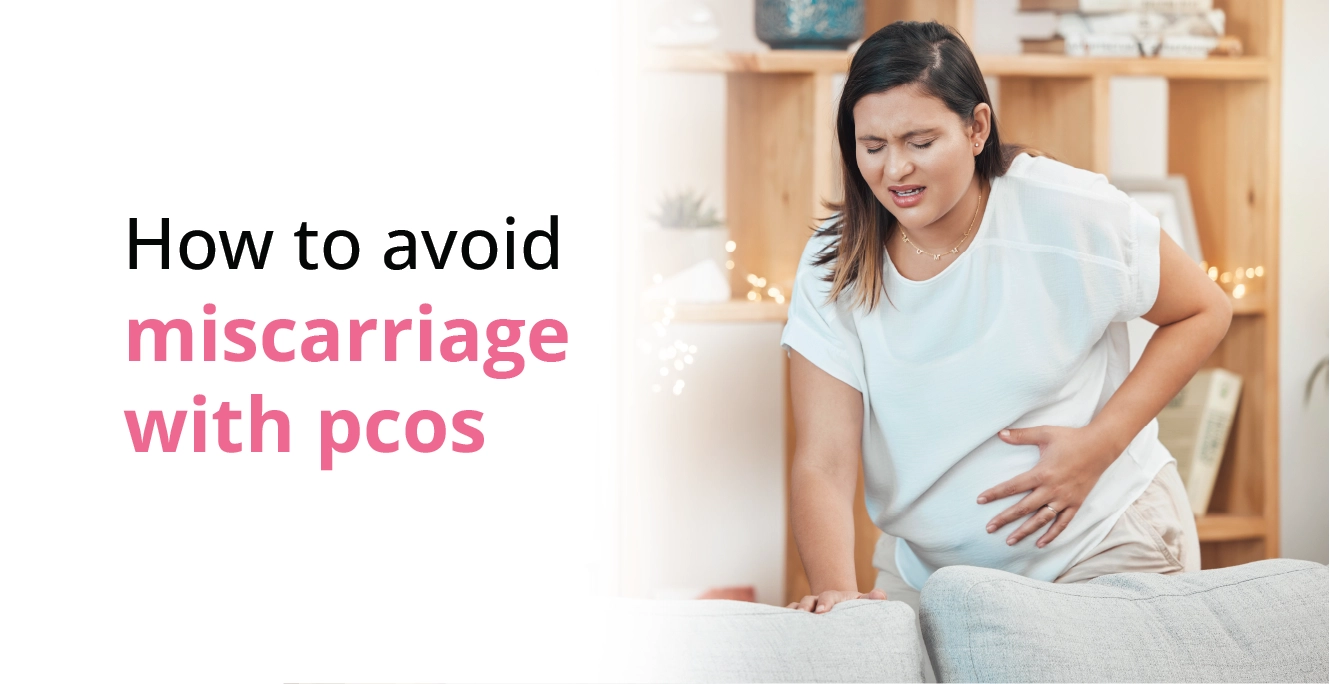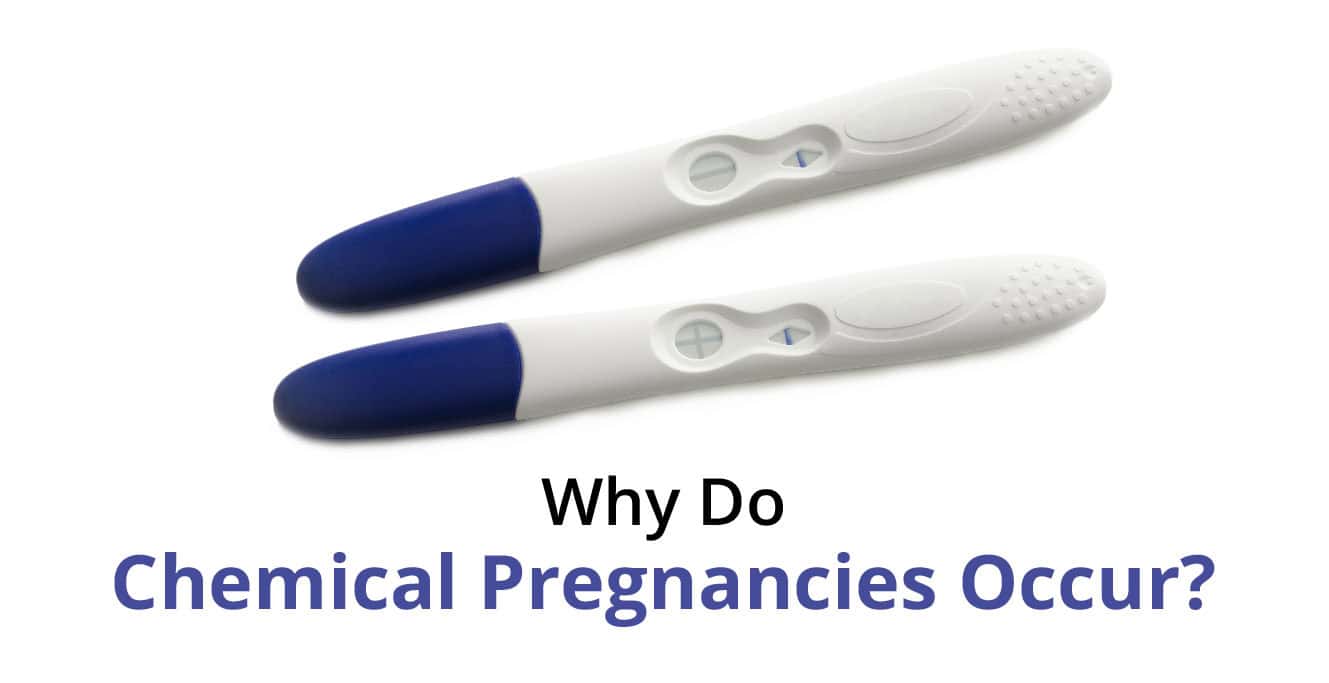
What is a Miscarriage? Symptoms, Causes, and Treatment

Table of Contents
- What is a Miscarriage?
- Types of Miscarriages
- Risk of Miscarriage by Week
- Reasons for Miscarriage
- Symptoms of Miscarriage
- Ways to Diagnose a Miscarriage
- Treatments for Miscarriage (Managing a Miscarriage)
- How to Avoid Miscarriage?
- Does Miscarriage Lead to Infertility?
- Difference Between Miscarriage and Stillbirth
- Recommended Gap Between a Miscarriage and the Next Pregnancy
- Things to Avoid After a Miscarriage
- How to Confirm a Miscarriage at Home?
- Takeaway
- FAQ’s
- Is a miscarriage the same as losing a baby?
- What exactly happens in a miscarriage?
- How painful is a miscarriage?
- How do miscarriages start?
- Can jumping cause miscarriage in early pregnancy?
- Can watermelon cause miscarriage?
- Can sex cause miscarriage?
- Can sneezing cause miscarriage in early pregnancy?
- Can stress cause a miscarriage?
- Can a transvaginal ultrasound cause miscarriage?
- Can ENO (sodium bicarbonate antacid) cause miscarriage?
- Can eating a cucumber cause miscarriage?
Pregnancy is often described as one of life’s most memorable journeys – a time filled with dreams, excitement, and joyful waiting to welcome a new life. Yet, when that journey takes an unexpected turn through a miscarriage, it can leave behind questions, sadness, and self-doubt. It is important to remember: you are not alone, and it is not your fault.
What is a Miscarriage?
A miscarriage occurs when an expectant mother loses the baby early in the pregnancy, usually before Week 20. Around 26% of all pregnancies result in a miscarriage, which means the fetus stops developing and passes naturally. Approximately 80% such instances are more likely to occur in the first trimester of pregnancy.
Types of Miscarriages
A miscarriage can happen in several different ways, depending on the symptoms and stages of pregnancy.
- Threatened Miscarriage: There is some bleeding, but the cervix is still closed. The pregnancy might still continue with rest and monitoring.
- Inevitable Miscarriage: Bleeding and cramping have started, and the cervix is opening. Unfortunately, the miscarriage can’t be stopped.
- Incomplete Miscarriage: Some pregnancy tissue has passed, but not all of it, so medical help is needed to remove the rest.
- Complete Miscarriage: All pregnancy tissue has passed, and the uterus is empty. Bleeding stops, and recovery begins.
- Missed Miscarriage: The baby has stopped growing, but the body has not recognised it yet—there are no symptoms, and it is often found during a scan.
- Septic Miscarriage: An infection develops in the uterus, which can be serious and needs urgent treatment.
Risk of Miscarriage by Week
Studies show that the risk of miscarriage goes down a lot after the first trimester. Here’s a rough idea of the chances:
| Pregnancy Weeks | Approximate risk of miscarriage | Symptoms |
| Weeks 1-4 | Many miscarriages occur even before a pregnancy is detected, often mistaken for a late period. | Generally no symptoms; may see a slightly late or heavier period. |
| Weeks 5-6 | The risk is around 20-25%, as the embryo begins developing major structures. | Spotting or bleeding, cramping; early pregnancy symptoms may be present. |
| Weeks 7-9 | Once a heartbeat is detected, the risk drops to about 5-10%. | Vaginal bleeding/cramping if it is a threatened miscarriage; otherwise, many pregnancies progress normally. |
| Weeks 10-12 | The risk continues to decrease, averaging 3-5%. | Bleeding/cramping if problems occur; otherwise, reduced risk. |
| Weeks 13-20 | By the second trimester, the risk is less than 1-2%, though pregnancy loss at this stage is classified as a late miscarriage. | Heavier bleeding or pain; in the later second trimester, different causes (e.g., cervical insufficiency) may be involved. |
Most miscarriages happen in the first 12 weeks, often due to chromosomal abnormalities. After the first trimester, the chances of miscarriage drop significantly.
Reasons for Miscarriage
Miscarriages can happen for many reasons, and in most cases, there’s nothing you could have done to prevent them:
- Chromosome Problems: The most common cause of miscarriage is genetic abnormalities in the baby. If the embryo has too many or too few chromosomes, it may not develop properly, leading to an early pregnancy loss.
- Maternal Health Conditions: Certain medical conditions such as uncontrolled diabetes, thyroid disorders, high blood pressure, endometriosis, Pelvic Inflammatory Disease (PID), and autoimmune diseases can also affect pregnancy. Proper management of these conditions before and during pregnancy is important.
- Hormonal Imbalances: Pregnancy hormones like progesterone are crucial for maintaining a pregnancy. If there is an imbalance, the uterus may not be able to support the growing embryo which increases the risk of miscarriage.
- Uterine Abnormalities and Weak Cervix:
- Structural issues like uterine fibroids, scarring, or a septate uterus can interfere with implantation and growth.
- A weak cervix may also open too early, leading to pregnancy loss.
- Blocked fallopian tubes can prevent proper embryo implantation.
- Polyps may interfere with foetal growth, and
- Adenomyosis where the uterine lining grows into the muscle can also affect implantation.
- Lifestyle and Environmental Factors: Smoking, excessive alcohol consumption, drug use and exposure to harmful chemicals have a negative impact on foetal development. Adopting a healthy lifestyle before and during pregnancy is crucial to the mother’s as well as the baby’s health.
- Age of Mother: At a higher age, particularly after 35, the risk of miscarriage is more since older eggs are more likely to have chromosome abnormalities, making it harder for a pregnancy to progress.
Symptoms of Miscarriage
During pregnancy, it’s important to be alert regarding certain signs of a miscarriage. If you observe these miscarriage symptoms, it is best to visit your medical practitioner right away:
- Bleeding that starts off light and gradually gets heavier
- Extreme cramps and belly aches
- Fatigue and weakness
- Extreme back pain
- Fever, along with other miscarriage symptoms
- Sudden weight loss
- Chills
- Whitish pink mucus-like vaginal discharge
- Tissue resembling blood clots passing through the vagina
- Contractions
You may also experience mild symptoms like spotting and a slight fever. Your doctor will examine you and guide you on the next course of action.
Ways to Diagnose a Miscarriage
Doctors use several methods to confirm a miscarriage and rule out other conditions:
| Type of Diagnosis | It’s Relevance |
| Ultrasound |
|
| Blood Tests |
|
| Pelvic Exam |
|
| Genetic Testing |
|
Treatments for Miscarriage (Managing a Miscarriage)
The right treatment for a miscarriage depends on individual circumstances, how far along the pregnancy was, and whether there are complications. Here are the main options:
Expectant Management
- It is a natural process.
- In some cases, the body will naturally expel the pregnancy tissue without medical intervention.
- This is often recommended for early miscarriages when there are no signs of infection or complications.
- The process can take days to weeks and may involve cramping, bleeding, and the passing of tissue.
Non-Surgical Management
- It is a medication-assisted procedure.
- If the miscarriage is not progressing on its own or if waiting is not preferred, medication can help speed up the process.
- A doctor may prescribe misoprostol, which causes the uterus to contract and pass the pregnancy tissue.
- This alternative is usually effective within 24-48 hours and may involve heavy bleeding and cramping, similar to a heavy period.
Procedure-Based
- It involves surgical management.
- For those facing heavy bleeding, incomplete miscarriage, or want a quicker resolution, a minor surgical procedure called dilation and curettage (D&C) may be performed.
- This procedure removes any remaining tissue from the uterus, preventing infection and complications.
- It is usually done under anaesthesia and has a quick recovery time, though mild cramping and spotting may occur afterwards.
While some miscarriages happen due to genetic factors beyond control, certain lifestyle choices can help support a healthy pregnancy.
How to Avoid Miscarriage?
Here are some precautions that can be taken during early pregnancy to reduce the risk of a miscarriage:
Healthy Lifestyle Choices
Taking care of your body before and during pregnancy can improve overall health and create a better environment for the baby to grow.
- Eat Well: A balanced diet with plenty of fruits, vegetables, whole grains, and lean proteins supports overall health.
- Take Folic Acid: Starting 1-2 months before conception, start taking folic acid, which helps prevent birth defects and supports foetal growth.
- Maintain a Healthy Weight: Being underweight or overweight can increase risks, so aim for a balanced BMI (19-25).
Avoiding Harmful Substances
Certain substances can increase the risk of pregnancy complications:
- No Smoking or Alcohol: Both increase miscarriage risks—even secondhand smoke can be harmful.
- Limit Caffeine & Avoid Drugs: Keep caffeine under 200 mg per day (1-2 cups of coffee) and avoid illegal substances.
Physical Health & Safety
Staying active and preventing infections can promote a healthier pregnancy and lower risks.
- Exercise Regularly: Staying active supports pregnancy, but consult a doctor before starting new workouts.
- Prevent Infections: Wash hands frequently, stay up to date on vaccines, and avoid high-risk foods.
Medical & Environmental Factors
Managing health conditions and avoiding harmful environmental exposures can help protect both you and your baby.
- Manage Health Conditions: Conditions like diabetes and high blood pressure need proper care to reduce risks.
- Attend Antenatal Check-Ups: Regular monitoring helps detect potential problems early.
- Avoid Environmental Toxins: Stay away from radiation, heavy metals, and harmful chemicals.
These steps create a healthier pregnancy environment, but it’s important to remember that not all miscarriages can be prevented.
Does Miscarriage Lead to Infertility?
In most cases, a single miscarriage does not lead to female infertility. Most women can conceive again without problems. However, recurrent miscarriages (two or more consecutive losses) may indicate underlying issues that require medical evaluation and treatment to support future pregnancies.
Difference Between Miscarriage and Stillbirth
The terms miscarriage and stillbirth both describe pregnancy loss but differ primarily in timing, causes, and medical implications.
| Factor | Miscarriage | Stillbirth |
| Timing | Usually occurs before 20 weeks of pregnancy. | Usually occurs at or after 20 weeks. |
| Causes | Often caused by:
Genetic issues Environmental & lifestyle factors |
Often caused by: Placental problemsInfections, orUmbilical cord issues |
| Symptoms | Commonly include:
Bleeding Cramping Loss of pregnancy symptoms Passing tissue |
Commonly include:
Reduced foetal movement Severe pain Bleeding, and Sudden symptom changes |
| Physical Recovery | Usually quicker, with natural passing or medical help. | Requires labour induction or C-section, leading to a longer recovery duration. |
Recommended Gap Between a Miscarriage and the Next Pregnancy
This is not a one-size-fits-all approach. The right time to try again depends on a number of factors including physical recovery, emotional readiness, and what your doctor suggests for you.
- Medical Recommendations: Many doctors suggest waiting for around three months to allow the uterus to heal and menstrual cycles to normalise.
- WHO Guidelines: The World Health Organisation advises waiting six months to reduce the risk of complications in future pregnancies.
- Trying Sooner: Some experts say conception is possible as soon as the next menstrual cycle, as ovulation can occur within two weeks after a miscarriage. But it is good to take some time until your body prepares itself.
- Emotional Readiness: Taking time to grieve and heal emotionally is just as important as physical recovery. Try again when both partners feel ready.
- hCG Monitoring: Some doctors recommend waiting until hCG levels return to zero (about six weeks) to avoid confusion in pregnancy tests.
- Consult a Doctor: If you have had multiple miscarriages or complications, a fertility doctor can guide you on the safest time to conceive again.
Things to Avoid After a Miscarriage
- Do not delay seeking medical care for heavy bleeding, fever or severe pain.
- Do not douch or insert anything into the vagina until your doctor says it is safe.
- Do not indulge in unprotected sex until recommended (clinician will advise timing).
- Do not make abrupt decisions about future fertility without speaking to your healthcare team.
How to Confirm a Miscarriage at Home?
There is no fully reliable home test to confirm a miscarriage. Possible steps people sometimes take:
- Notice symptoms (bleeding, severe cramping).
- Home pregnancy tests measure hCG — a falling test line may suggest lowering hCG, but home tests cannot confirm a complete miscarriage or rule out an ongoing pregnancy.
- The definitive confirmation is clinical: pelvic exam, serial quantitative hCG blood tests, and ultrasound performed by a health professional. If you suspect miscarriage, contact your provider.
Takeaway
Experiencing a miscarriage can be emotionally and physically challenging, but understanding the causes, symptoms, and available care can help you navigate this difficult time. Remember, most miscarriages are not caused by anything you did, and support is available for both recovery and planning future pregnancies.
At Birla Fertility & IVF, we provide expert care, personalised guidance, and compassionate support for couples who are seeking the best treatment for infertility. If you have concerns about pregnancy, miscarriage, or planning a safe future pregnancy, our team of specialists is here to help you with medical expertise and emotional support.
FAQ’s
Is a miscarriage the same as losing a baby?
A miscarriage happens when the foetus is still in the womb and stops developing. It usually happens before 20 weeks of pregnancy, when the foetus is not a fully formed baby. The foetus, along with the placenta, passes in the form of tissue and bleeding. After week 10, the growth of the foetus accelerates.
What exactly happens in a miscarriage?
When a miscarriage occurs, the foetus is expelled from the uterus on its own.
Typical signs of a miscarriage include heavy bleeding, abdominal cramps, and tissue resembling blood clots in the vagina. However, sometimes symptoms of miscarriage are subtle, with spotting and light cramps.
How painful is a miscarriage?
The levels of pain during miscarriage can vary. Some women experience extreme abdominal pain, while for others, it is painless. Some may also experience severe lower back aches and extreme fatigue.
How do miscarriages start?
The genesis of the miscarriage may occur as early as the fertilisation stage when either the egg or the sperm has fewer chromosomes. Hence, when they are joined together, the embryo develops with chromosomal abnormalities. This causes the fetus to stop growing.
Other triggers include exposure to harmful radiation, drugs, smoking, other external factors, or pre-existing diseases and medical conditions.
Can jumping cause miscarriage in early pregnancy?
No strong evidence that ordinary jumping or mild exercise causes miscarriage in low-risk pregnancies. Avoid high-impact trauma or extreme exercise and discuss with your clinician if concerned.
Can watermelon cause miscarriage?
No reliable evidence that eating watermelon causes miscarriage. Large amounts could affect blood sugar in people with diabetes, but the fruit itself is not known to cause pregnancy loss.
Can sex cause miscarriage?
Routine sexual intercourse is not linked to miscarriage in an otherwise healthy pregnancy. If you have bleeding or a threatened miscarriage, your clinician may advise temporary abstinence.
Can sneezing cause miscarriage in early pregnancy?
No, sneezing does not cause miscarriage. The fetus is well protected in the uterus. If sneezing is from an illness that causes high fever or severe symptoms, that underlying illness, not the sneeze, could be a concern.
Can stress cause a miscarriage?
Acute everyday stress is unlikely to cause miscarriage. Very severe or chronic stress may affect health and pregnancy outcomes indirectly; however, most miscarriages are due to biological factors like chromosomal abnormalities. If you feel overwhelmed, seek support.
Can a transvaginal ultrasound cause miscarriage?
No, transvaginal ultrasound is a standard, safe diagnostic tool and is not known to cause miscarriage.
Can ENO (sodium bicarbonate antacid) cause miscarriage?
There is limited data on sodium bicarbonate in pregnancy; some experts advise caution and prefer safer antacids. Avoid taking any medication without checking with your clinician.
Can eating a cucumber cause miscarriage?
No evidence that a cucumber causes miscarriage. Normal consumption is safe. Myths about particular fruits/vegetables causing loss are common but unsupported by quality evidence.
Our Fertility Specialists
Related Blogs
To know more
Birla Fertility & IVF aims at transforming the future of fertility globally, through outstanding clinical outcomes, research, innovation and compassionate care.
Had an IVF Failure?
Talk to our fertility experts

 Our Centers
Our Centers













